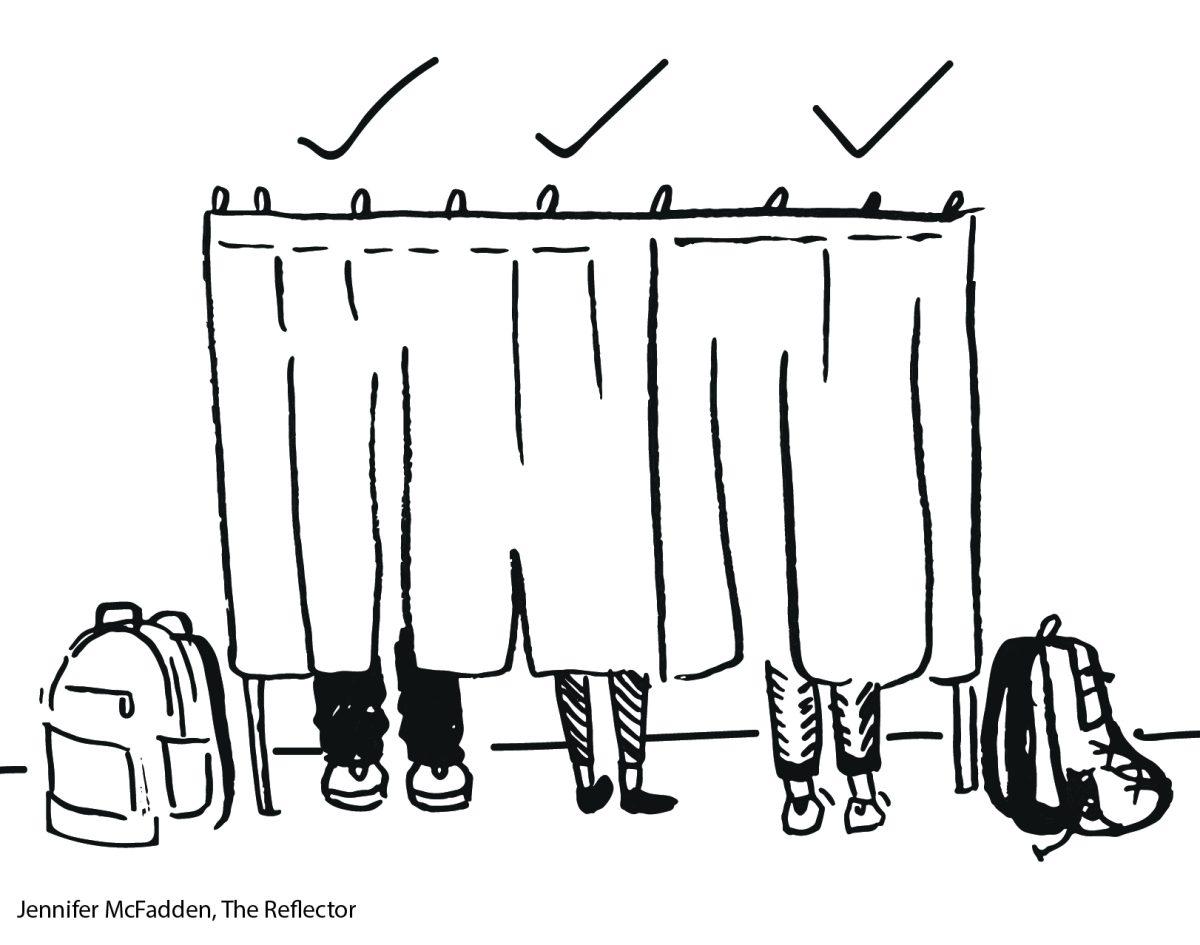College tuition is on the rise, and because of this, money is a problem every college student faces.
While inflation naturally creates an increase in costs, universities are surpassing the expected inflation rates by raising their prices drastically.
The National Center for Education Statistics show when comparing public universities in 2014-15 to those in 1984-1985, there is an average $10,394 in cost difference to attend a four-year institution.
This alarming increase only takes one year into account at a time, which means for four years the cost difference would be a grand total of $41,576.
This result has taken inflation into account.
Ignoring inflation, the difference between 1984-1985 and 2014-2015 is $14,950 a year or $59,800 for a four-year education.
According to Lily Rothman for the New York Times, because these numbers are drastically growing, college students are forced to take out more loans than ever before. This puts people in debt before they have graduated or found a job.
There are plenty of students dropping out of school because the amount of money they owe is rising faster than they can afford and it is not worth the benefits a degree would provide them.
This serious threat for college students is growing for many reasons.
Inflation is obviously a factor, but colleges are also trying to get as much money as they can. Something else many people overlook is how student loan companies are willing to provide loans to everyone.
These companies, like every other man-made venture in this world, are in the game to make as much money as possible. Most people want to be rich and successful because this correlates to happiness. There is no reason to assume these loan companies are not doing the same thing—trying to make a profit.
Just like many large companies, student loan companies have lobbyists, which means they have influence on Capitol Hill.
Some people may not think much about this because most companies have representatives in D.C. However, these lobbyists increase the money students have to pay substantially.
While voter apathy is a serious problem throughout the United States of America, the people who exhibit it the most are younger generations. According to Tyler Hallmark and Marybeth Gasman for the Huffington Post, while millennials now make up 31 percent of the population, only 50 percent of them voted in the 2016 election.
Because they are too busy to vote, or because they do not think it is necessary, most college students are not voting.
Student loan companies are taking advantage of this. According to Open Secrets, an organization listing lobbyists in D.C., the companies “giving” us money have 48 lobbyists who are paid to convince politicians to provide even more loans than are already being given.
In theory, this would be good for students who are struggling to make financial ends meet. After all, more money for you means you get to go to college, right?
However, everyone has to pay their loans off eventually. While students are getting their education, they are also building interest on their loans. All of the money students owe often piles up until it buries them.
Because voter apathy is common in young adults, there are no representatives for us to get the cost of college down to a reasonable price. While no one is fighting politicians to stop the high cost of college, there are people fighting to give us more opportunities to bury ourselves in debt.
Politicians are going to listen to these lobbyists because there is no direct representation for students fighting to tell them the cost is too high.
Representatives have to worry about voters to keep themselves in office. Because people our age do not vote, the government does not think twice about college students’ opinions on politics, let alone the cost of our own schooling.
Categories:
College tuition and student debt soar through the roof
0
Donate to The Reflector
Your donation will support the student journalists of Mississippi State University. Your contribution will allow us to purchase equipment and cover our annual website hosting costs.
More to Discover






